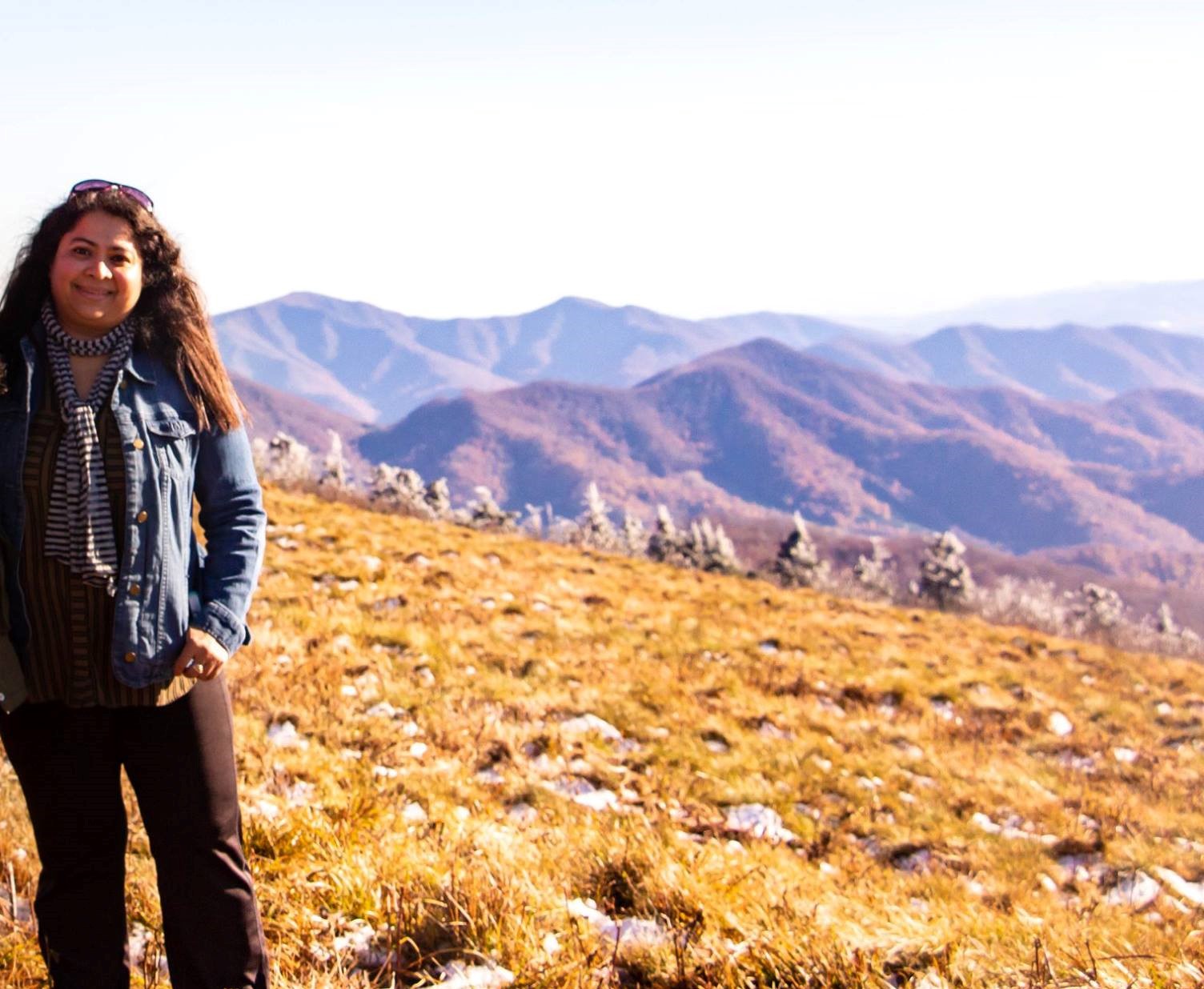
ProfessorDept. of Geosciences East Tennessee State University
Former Department Chair (2017-2024)
SHORT BIO
Arpita Nandi is a Professor and former Chair (2017-2024) in the Department of Geosciences at East Tennessee State University. She majored in Geology at Calcutta University, India, and completed her doctoral studies in Engineering Geology at Kent State University, Ohio, USA. Her research involves landslide hazard mapping and mitigation using geospatial analysis, soil mechanics, physicochemical behavior of soil, soil erosion studies, rock slope instability analysis, and weak rock geotechnical properties. She is involved in undergraduate and graduate education, research, and service. She teaches Engineering Geology, Soil Mechanics, and Scientific Methods in Geosciences, has received over $700,000 in research grants, and has published over 40 peer-reviewed journal articles. One of her publications was recognized as one of the 30 most cited papers on the 50th anniversary of the journal Engineering Geology.
In her professional service, Arpita was the chair of the Environmental and Engineering Geology Division of the Geological Society of America (GSA) from 2022-2023, and chair of the editorial board member of the GSA and Association of Environmental and Engineering Geologists (AEG) joint publication Environmental & Engineering Geoscience (2024-). She regularly reviews geological, hazard, and geospatial journals, including but not limited to Environmental and Engineering Geology, Natural Hazards, Hydrogeology, Environmental Earth Science, Cartography and GIS, etc. As a member of the AEG, she was involved in multiple meeting planning committees. She is also a member of the AEG Landslide Technical Work Group. She is active in the community and visits regional schools to promote STEM education, including Earth Sciences.
VISION
Arpita aims to advance young individuals toward a professional career or higher education in applied geosciences. The demand for professional geoscientists with geospatial skills is strong, and the U.S. Bureau of Labor Statistics estimates that the job outlook for applied geoscience with geospatial capabilities will grow three times as fast as the national average. With the advance of the digital revolution, geoscientists now have access to innovative technologies. Arpita would like to promote the application of cutting-edge and industry-standard technologies among aspiring geoscientists.
Additionally, Arpita believes that building contacts and networking are essential to finding a successful career in geosciences. She encourages students to join professional organizations like GSA and AEG. She also urges current students, recent graduates, and young professionals to participate and present in geosciences conferences and collaborative field trips.